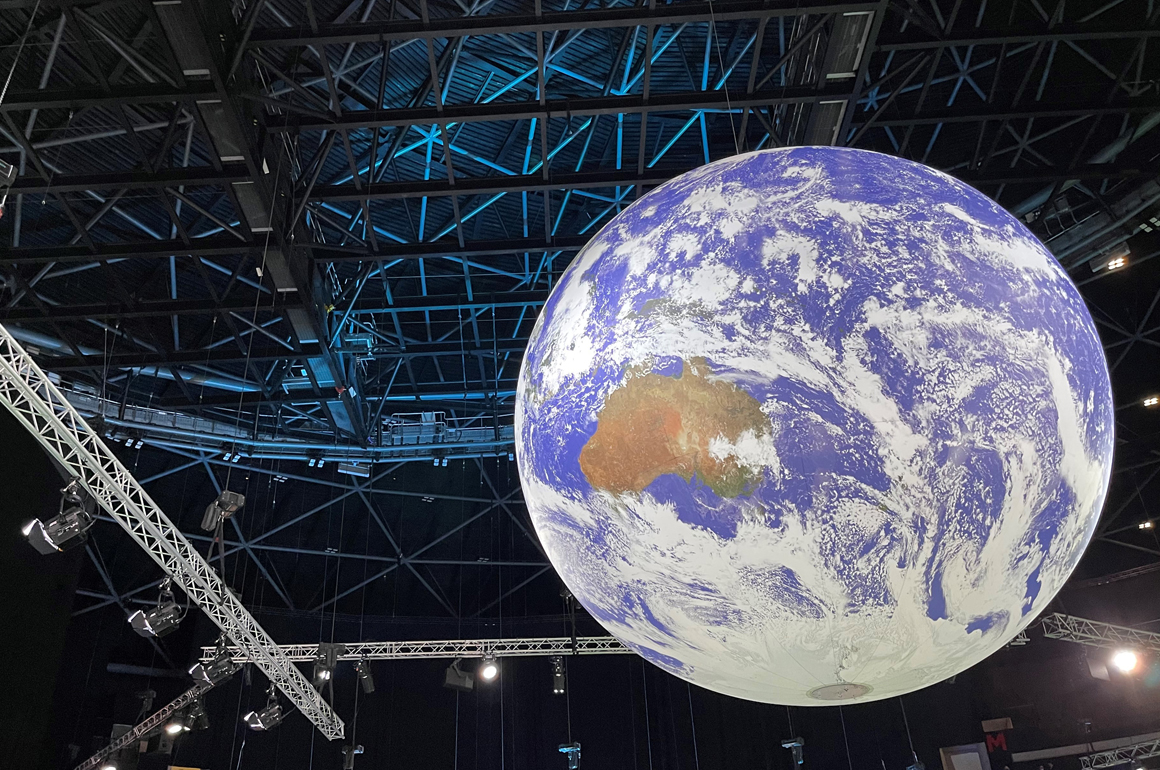We hear from Scott Craig, Link Trustee, who has been attending the COP26 conference in Glasgow:
COP26 is a whirlwind – or more accurately, a series of them. Usually coordinated, sometimes less so. From the daily COVID-19 testing, to clearing security in time for one’s first engagement (which can be anything from a meeting involving a Head of State or government, the CEO of a multinational, UN agencies, representatives from developing countries, civil society, journalists and countless others).
In one day alone in the first week, 11 Heads of State visited the pavilion of the Green Climate Fund – the organisation I work with – in the so-called ‘Blue Zone’, the official UN space in Glasgow’s SEC which houses the negotiations.
News coverage of COP is inevitably dominated by the stream of high-profile visitors passing through the doors – including President Biden, Boris Johnson, Barack Obama, David Attenborough, Angela Merkel, Nicola Sturgeon and many others.
But away from the cameras, the real action takes place in the negotiation rooms, where representatives from countries and international organisations hammer out the details of agreements that could have an enormous impact on the entire planet as countries grapple with how to limit warming in line with the commitments of the Paris Agreement. If Paris was about agreement on the framework for action, Glasgow is about how to deliver it.

Education is central to achieving these goals and to the COP agenda. A common theme here is the need to mobilise entire communities and societies and to equip them with the resources and tools needed to adapt to the effects of climate change – what’s called ‘Adaptation’ in climate change vernacular. And girl’s education holds a particular significance to this effort – societies that educate girls will be better-equipped to meet the challenges we collectively face.
It is a sad reality that those who are the worst-affected by climate change are often the least able to cope. This is especially true for women and girls. For example, the United Nations estimates that four out of every five people displaced by climate change are women.
Droughts, floods, the destruction of agricultural livelihoods all disproportionately hit women hard given their roles as primary caregivers and agricultural workers in many developing countries. This destruction of livelihoods caused by climate change underscores the need to put the education of women and girls front and centre of climate adaptation planning – and it has been encouraging to see girl’s education firmly on the agenda here.
What will be more encouraging will be to see this translated into action on the ground. I’m proud to serve as a Trustee of Link Education, which is continuing to deliver on this vital work despite the challenges and to transform lives through learning.

